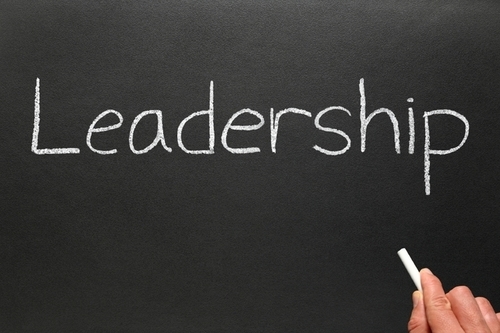I believe people are best convinced by reasons they themselves discover. Influencing and inspiring others begins with facilitating this self-discovery in others.
I serve people by filling the “knowledge” gap between what they teach you in business school and what my students call the “real world.” I employ “streetsmart” lessons learned from having fought and survived the frontline trenches of national account sales and marketing. I share “human-behavior” insight taught to me by the many amazing mentors I’ve had over the last 30 years.
Prior to working in academia, I served time (15 years) in Corporate America as a revenue rainmaker in both Fortune 100 and successful early-stage entrepreneurial ventures.
Today, I teach business students, salespeople, marketing managers and executives how to connect, inspire and influence others.






